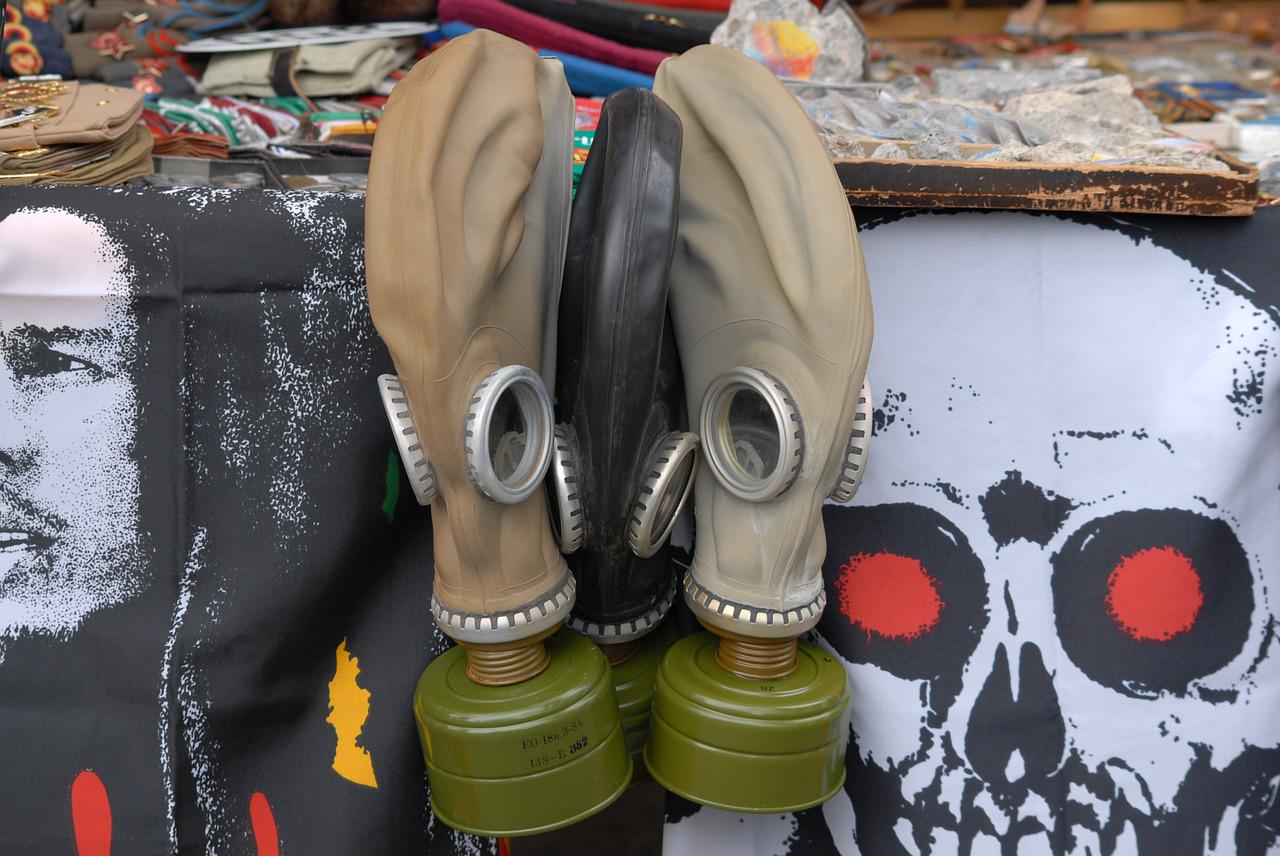This post is also available in:
 עברית (Hebrew)
עברית (Hebrew)
Pressure has ramped up globally for better biosafety and security over the backdrop of the COVID-19 pandemic. Its impact could inspire “bad actors” to explore the potential of viruses as bioweapons, the British Army’s former chemical and nuclear weapons chief told telegraph.co.uk.
Research into viruses with pandemic potential should be policed in the same way as work on atomic bombs or sarin gas, said Hamish de-Bretton Gordon, now a biosecurity fellow at Cambridge University.
With the ease of synthetic biology, bad actors could try and replicate COVID-19’s consequences for their own gains, a threat that can not be ignored. “The chances of a deadly accident occurring is also too risky to ignore.”
The risks must be better policed, either by extending the work of the Organisation for the Prohibition of Chemical Weapons (OPCW) to cover bioweapons, or by setting up a new organization. Others have called for a new body to mimic the International Atomic Energy Agency (IAEA), which monitors nuclear weapons.
Laboratories working around the world on dangerous pathogens study the threat to understand and mitigate it, but experts warn that it is up to nation-states to regulate the work.
Biosafety levels, which run from one to four, monitor how safe a lab is and which pathogens it can study; biosecurity is more about protecting the lab from external bad actors seeking to access its work.
The explosion of gene-editing technologies, which can now be bought by mail-order, also needs to be monitored, experts argue.
Prepared to dive into the world of futuristic technology? Attend INNOTECH 2022, the international convention and exhibition for cyber, HLS and innovation at Expo, Tel Aviv, on November 2nd – 3rd
Interested in sponsoring / a display booth at the 2022 INNOTECH exhibition? Click here for details!


























